Growing Environmental Awareness
In Germany, there is a marked increase in environmental awareness among consumers, which is positively influencing the solar inverter market. As individuals and businesses become more conscious of their carbon footprints, the demand for clean energy solutions rises. Surveys indicate that over 70% of German citizens prioritize sustainability when making energy choices. This shift in consumer behavior is driving the adoption of solar energy systems, which in turn fuels the need for efficient solar inverters. The solar inverter market is thus positioned to benefit from this heightened environmental consciousness, as more people seek to invest in renewable energy technologies.
Rising Demand for Renewable Energy
The solar inverter market in Germany is experiencing a notable surge in demand due to the increasing emphasis on renewable energy sources. As Germany aims to achieve its ambitious climate goals, the transition from fossil fuels to renewable energy is paramount. In 2025, renewable energy sources are expected to account for approximately 50% of the total energy consumption in Germany, with solar energy playing a crucial role. This shift not only aligns with national policies but also reflects a growing consumer preference for sustainable energy solutions. Consequently, the solar inverter market is poised for growth as more households and businesses invest in solar installations, necessitating efficient inverter technologies to optimize energy conversion and usage.
Government Incentives and Subsidies
The solar inverter market in Germany benefits significantly from various government incentives and subsidies aimed at promoting solar energy adoption. The German government has implemented programs that provide financial support for solar installations, including grants and tax benefits. In 2025, it is estimated that these incentives could reduce the initial investment costs for solar systems by up to 30%. Such financial assistance encourages both residential and commercial sectors to invest in solar technology, thereby driving the demand for solar inverters. As the government continues to support the transition to renewable energy, the solar inverter market is likely to expand, fostering innovation and competition among manufacturers.
Expansion of Solar Energy Infrastructure
The ongoing expansion of solar energy infrastructure significantly impacts the solar inverter market in Germany. With the government and private sector investing heavily in solar farms and residential solar installations, the market is set to grow. By 2025, it is projected that the installed solar capacity in Germany will exceed 100 GW, necessitating a robust supply of solar inverters to support this infrastructure. This expansion not only creates opportunities for manufacturers but also encourages competition, leading to improved product offerings. As the solar energy landscape evolves, the solar inverter market is likely to thrive, driven by the increasing need for reliable and efficient inverter solutions.
Technological Innovations in Inverter Design
The solar inverter market in Germany is witnessing rapid advancements in inverter technology that enhance efficiency and performance. Innovations such as hybrid inverters and smart inverters are becoming increasingly prevalent, allowing for better energy management and integration with smart home systems. In 2025, the efficiency of solar inverters is expected to reach levels exceeding 98%, significantly improving energy conversion rates. These technological advancements not only optimize energy production but also reduce operational costs for users. As consumers become more tech-savvy, the demand for advanced inverter solutions is likely to rise, further propelling the growth of the solar inverter market.


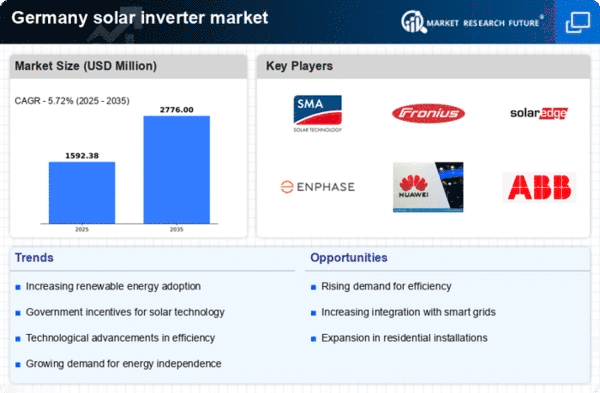
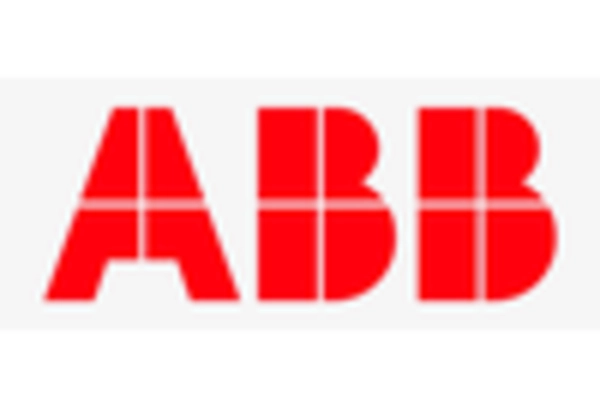
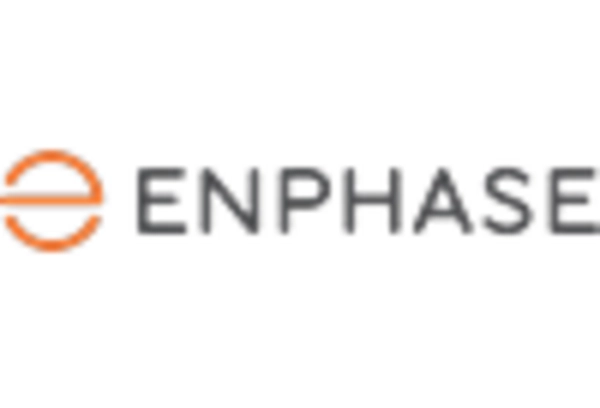
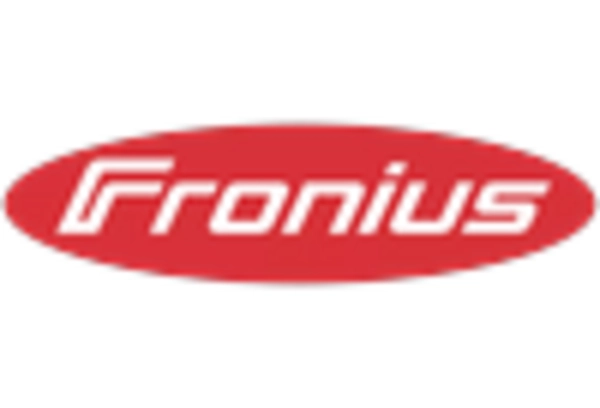
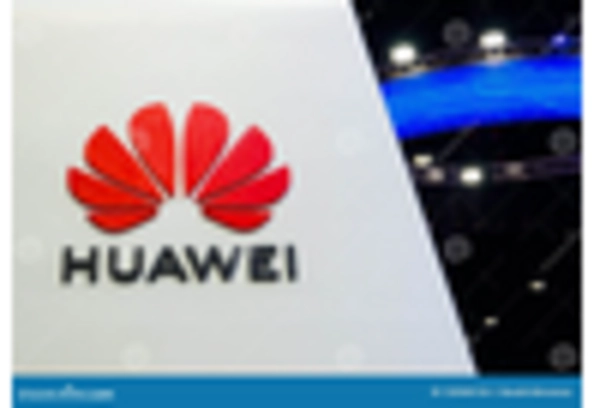
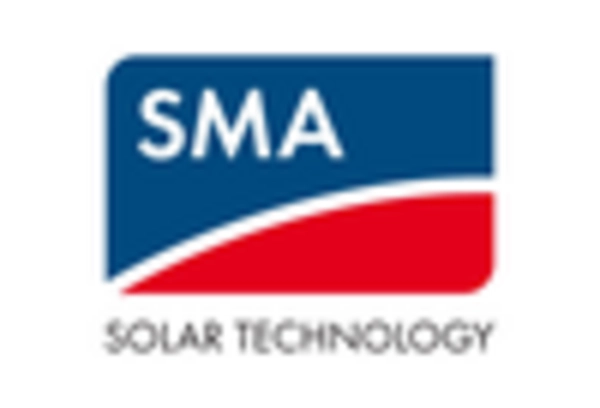
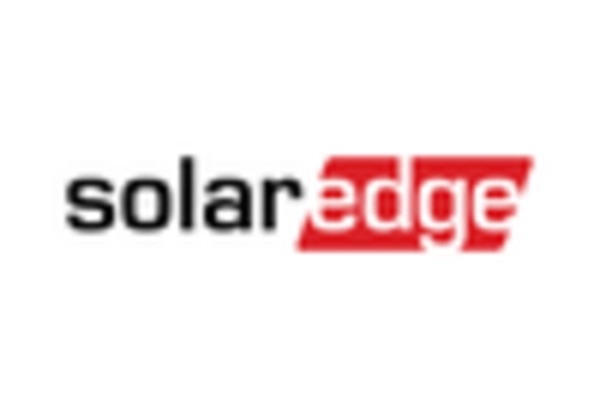








Leave a Comment